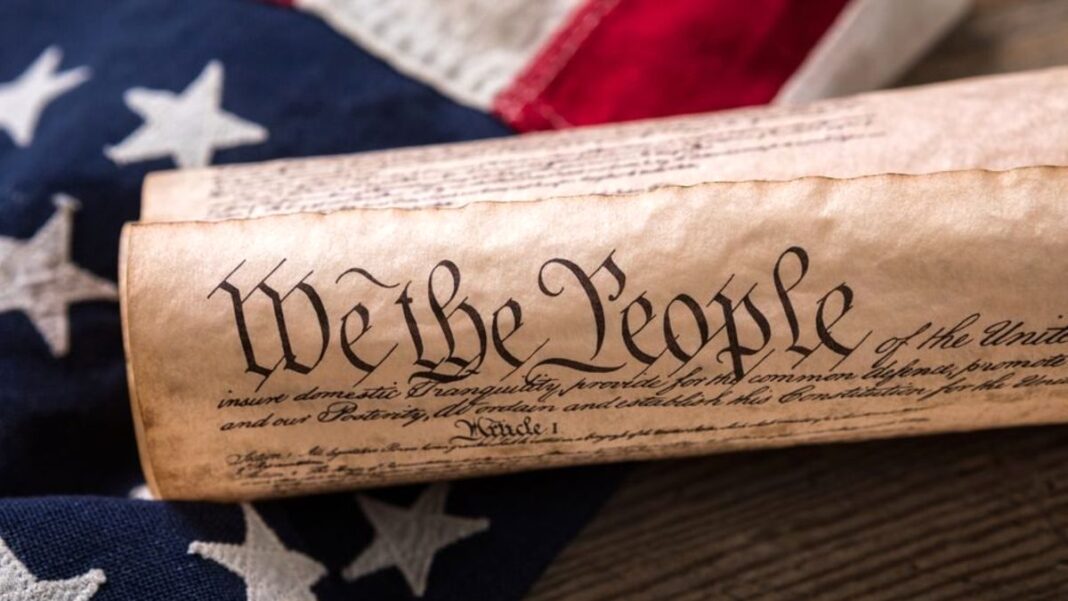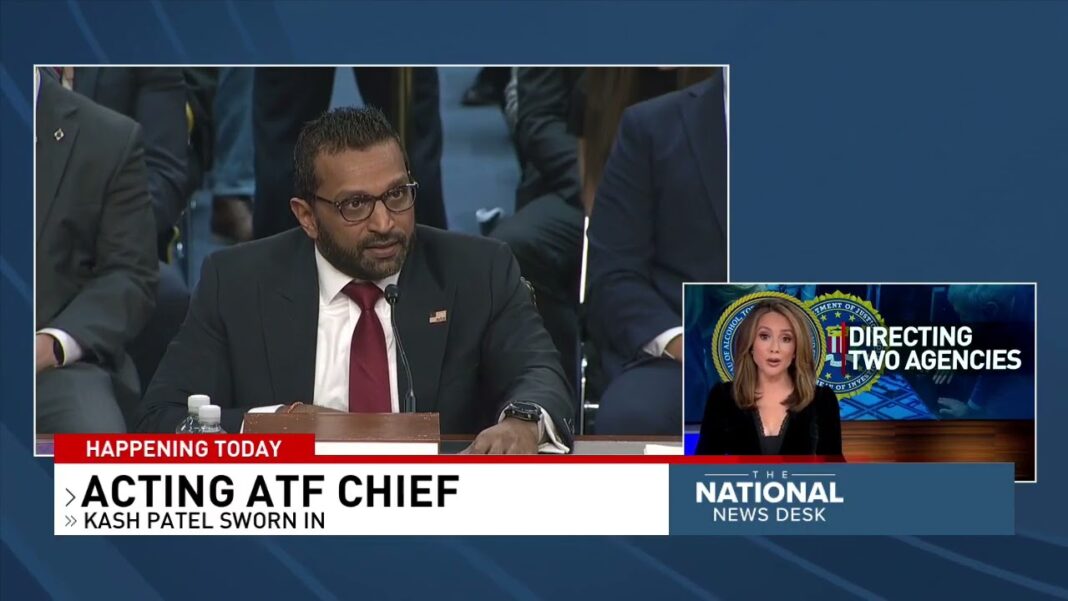President Donald Trump launched his sweeping immigration crackdown several weeks ago which included an order reinterpreting “birthright citizenship,” a principle that has been recognized in the US for more than 150 years.
Anyone born in the U.S. is considered a citizen at birth, which derives from the Citizenship Clause of the 14th Amendment, added to the Constitution in 1868. Under the amendment, citizenship was granted to “all persons born or naturalized in the United States.”
The amendment was promulgated by the Radical Republican faction of Congress at the outset of the 12-year Reconstruction era in America following the US Civil War. It was a direct response to former slaves’ uncertain status – aimed primarily at securing the rights of newly freed slaves – not an unanticipated illegal immigrant population.
The amendment states: “All persons born or naturalized in the United States and subject to the jurisdiction thereof, are citizens of the United States and of the State wherein they reside.”
There were an estimated 11 million immigrants (some analysts say 13-14 million) in the U.S. – illegally – in January 2022. The government considers their US-born children – American citizens.
Trump’s order declared that individuals born in the United States are not entitled to automatic citizenship if the mother was in the country unlawfully and the father was not a citizen or lawful permanent resident. It also denies citizenship to those whose mother was in the United States lawfully but temporarily (e.g. student or tourist visas) and whose father was not a citizen or lawful permanent resident.
Eighteen Democratic-led states and D.C. have sued the Trump Administration, and a federal court in Seattle blocked Trump’s order stating that the president’s order violated the Constitution’s 14th Amendment.
The Supreme Court has not addressed whether the “citizenship clause” applies to US-born children of people who are in the United States illegally.
The “citizenship clause” of the 14th Amendment has two parts, and together they confer automatic citizenship on anyone who is:
“…born or naturalized within the United States, and subject to the jurisdiction thereof.”
When Trump’s case comes before SCOTUS – and it will – the issue will not be the child’s birth in the US; but rather, the phrase “subject to the jurisdiction” that will be determinative in the court’s deliberations.
The phrase has been interpreted to mean that a legal entity (court or country) may exert physical control over as well as apply and enforce its laws against a person. The precise meaning of this stipulation remains the subject of heated debate by scholars.
The Supreme Court has held that the phrase does not apply to children of diplomats, ministers, consuls, or embassy staff. They are not subject to the jurisdiction of the U.S., and are immune from most laws and prosecution.
There are two interpretations of the “citizenship clause” based on whether the jurist is an advocate of a strict or liberal (loose) construction of the Constitution. Strict construction interprets the Constitution literally (based on the original intent of its architects) and limits government powers to those expressly stated, while loose construction allows for broader interpretation and grants more “implied” powers to the federal government. These two constructions may also bear on the case.
Liberal (loose) construction (current federal interpretation) of the “clause” holds that a child born in the U.S. to parents who are not on assignment by a foreign government is subject to the jurisdiction of the U.S. and is considered a citizen. The issue is not whether the parents are citizens of another country, but whether the parents are active agents of a foreign government, immune from the laws of the U.S. If the parents are in the US illegally, the child born in the U.S. is still considered a U.S. citizen.
Strict construction (Trump’s position) of the “clause” argues that illegal parents are no more “subject to the jurisdiction” of the U.S. than the diplomat.
Subject to 8 U.S. Code § 1227 – Deportable aliens may be deported back to their own country, exerting no jurisdiction over them.
A strict constructionist argument (Trump’s), considering the original intent of the amendment, is that children of “deportable aliens” should have the same status as the parents (not US citizens) despite their birth on U.S. soil – addressing the issue of children of illegal aliens was not the original intent of the 14th amendment.
During the debate of the 14th Amendment, Chairman of the House Judiciary Committee (39th Congress), James F. Wilson of Iowa, asserted his contention (March 1, 1866) that:
“…every person born in the United States is a natural-born citizen of such States, except that of children born on our soil to temporary sojourners or representatives of foreign governments.”
Congressman Wilson’s rendition of the “citizenship clause” is more relevant today than in the 19th century. It was rejected then because, to the members debating the issue, it didn’t seem necessary to include restrictions about temporary travelers to the US. Distances were vast, transportation was slow and expensive and populations were much smaller north and south of the US borders. And at the time, most who came to America came to stay.
Today, just the opposite is true. The US has a population of over 131.5 million to its south, 39.96 million to its north and millions from across the world seeking entry. It is conceivable that should the 14th Amendment be debated today, Congressman Wilson’s restrictions would get more than a hearing – it would likely gain serious traction on both sides of the aisle – especially given the 11-12 million illegal immigrants in the US today.
By the very fact that illegal immigrants are not in the US under any permanent legal status, they would be considered temporary sojourners – with their US-born children neither “subject to the jurisdiction thereof” nor deemed US citizens.
At present only 5 countries offer citizenship by birth even if both parents are foreign, in the country illegally or they came as tourists for the purpose of the birth – US, Canada, Mexico, Argentina, Brazil, and a few Caribbean nations.








